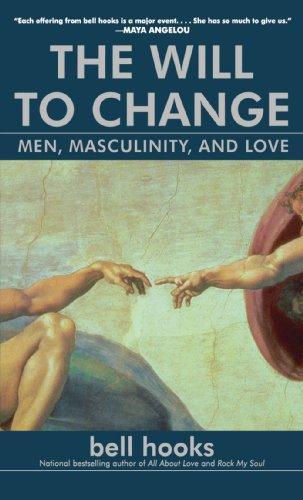T.Elise@bookwyrm.social reviewed The Will to Change by bell hooks
None
4 stars
This is my introduction to Bell Hooks and I’m sad I’ve not engaged with her work earlier. She has a very clear pithy way of communicating ideas and I thoroughly resonate with her position of change arising from love and understanding (with love including the importance of holding people accountable). Perhaps I’m to rigid and new to the writing of theorists but as a scientist I do find it disconcerting when there isn’t a reference list. There were some key statements throughout that make claim to something that is feasibly researched but that she doesn’t cite anything. I have read a good deal of psychology literature so knew many of her claims to be true, but others I was interested by and they did not accompany a reference and it is hard to know what she is basing these claims on? Her previous body of writing? Experiences talking to many …
This is my introduction to Bell Hooks and I’m sad I’ve not engaged with her work earlier. She has a very clear pithy way of communicating ideas and I thoroughly resonate with her position of change arising from love and understanding (with love including the importance of holding people accountable). Perhaps I’m to rigid and new to the writing of theorists but as a scientist I do find it disconcerting when there isn’t a reference list. There were some key statements throughout that make claim to something that is feasibly researched but that she doesn’t cite anything. I have read a good deal of psychology literature so knew many of her claims to be true, but others I was interested by and they did not accompany a reference and it is hard to know what she is basing these claims on? Her previous body of writing? Experiences talking to many women? Or has she just read research so widely she knows this as a basic truth? Either way, it left me wishing for a bit more rigour to underpin her worthwhile thoughts and theory. I wonder perhaps if with this being a later work of hers, she no longer feels the need to establish key ideas she has already thoroughly broached in other books and so I’m a little “out of order” if one considers that valid manner to consume a thinkers literary body.



